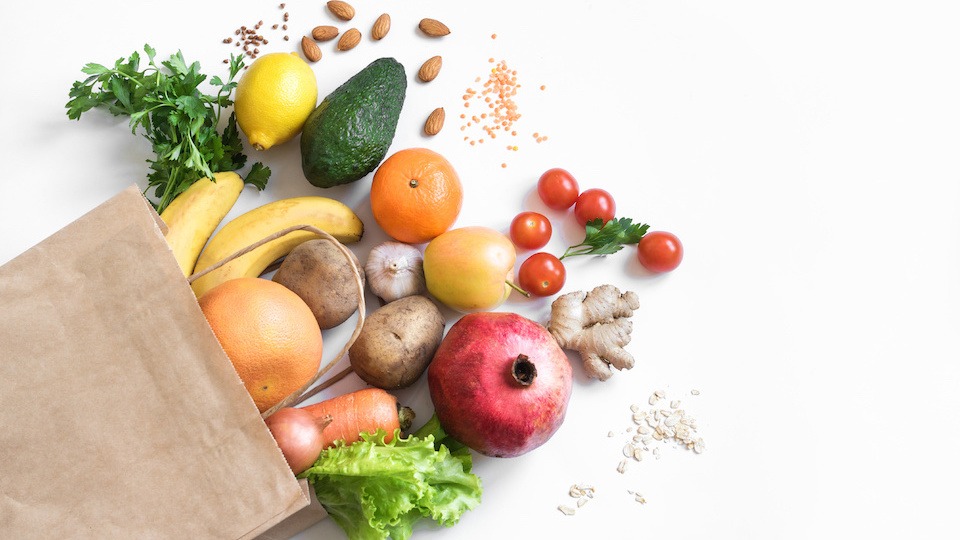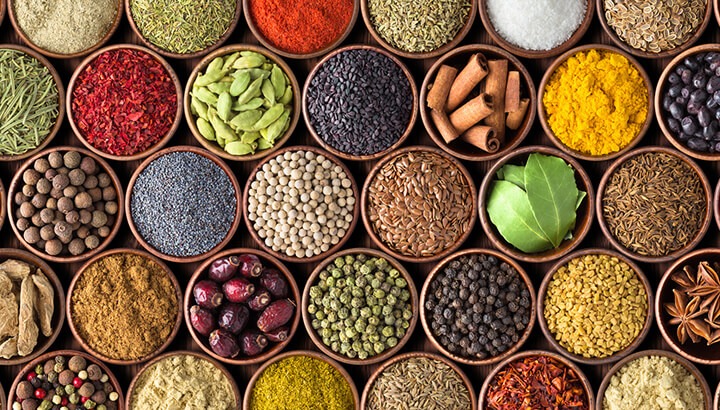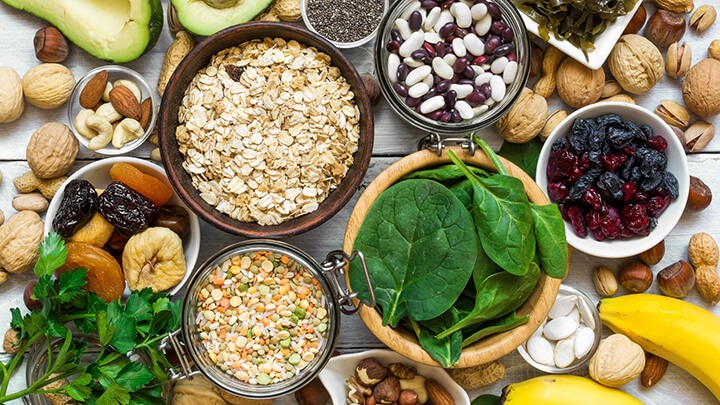Due to the widespread pandemic, Americans are being asked to stay home and avoid large crowds. That means spending less time at the grocery store and purchasing more fruits and veggies than you’d normally buy. The problem is, with fewer trips out shopping, you’ll need to make those fruits and veggies last longer. Here are some tips and tricks to help the biggest “produce offenders” stay fresher longer.
Wasted food takes its toll
We’ve all been there. A refrigerator full of fruits and veggies that have grown moldy and withered after only a few days. No big surprise there…up to 30 to 40 percent of the food grown in the United States is wasted and thrown out according to the U.S. Department of Agriculture. Not only does that generate a heavy toll on the environment, but it also takes a heavy toll on your wallet as well. Properly handling and storing your fruits and veggies could make a big difference in how much produce you waste and how much money you spend.
Can coronavirus live on produce?
While you might be worried about the coronavirus infecting store-bought produce, according to the Food and Drug Administration (FDA), there have been no reports of the virus living on food or food packaging. Coronavirus is mainly transmitted through the air when an infected person coughs or sneezes on surfaces — or on you.
However, the FDA suggests following good hygiene practices like washing hands and surfaces often. Additionally, they also recommend separating raw meat from other foods, refrigerating food promptly, and cooking to the right temperature. So, about washing produce? For the moment, it may be safe to assume that coronavirus needs a live host to survive; but, will washing your fruits and veggies help keep them fresher, longer?
Wash your berries
Ask most people, and they’ll say you shouldn’t wash berries until just prior to eating. But in reality, some fruit, particularly strawberries, carry mold spores that cause them to decompose quickly. And worse, the mold can quickly spread through the entire basket before you’ve had a chance to eat them.
Fragile berries like raspberries should be stored as-is and then rinsed in plain water just before eating. Berries do not continue to ripen after they’ve been harvested but they are highly perishable and will begin to decompose quickly. Experts agree that storing berries in the refrigerator after purchase will extend their shelf life. Proper storage for blueberries is around 0°C/32°F with relative humidity from 90 to 95 percent. This allows berries to stay fresh for several days.
Firmer berries like strawberries, blueberries, and blackberries can benefit from a prewash. Here’s a simple vinegar bath that will help keep fresh berries from growing old before their time. But first, discard any berries that show even a little mold.
- Add berries to a large bowl and cover with cold, clean water.
- Add about a half cup of vinegar and swoosh around. Let them sit for about five minutes.
- Drain the berries, and then rinse them with clean, cold water until all traces of vinegar aroma or taste is gone.
- Lay a few clean paper towels on your counter and spread out rinsed berries. Pat them gently with towels to dry well.
You can store the berries back in their original container, but first, give it a little soap and water wash and then rinse and dry.
Separate, wash and store your lettuce
Wilted lettuce is a common problem in most households. The average life for lettuce is about one week. However, tender pre-packaged greens like mesclun and spring mix can wilt earlier, depending on their package date. Separating, washing, and storing lettuce may be a good way to keep leaves crisper, longer. Washing is also good practice to prevent foodborne illness since lettuce can carry bacteria like E-coli.
Earlier last year, the Centers for Disease Control Prevention (CDC) investigated a multistate outbreak of E-coli infections linked to romaine lettuce grown in the Central Coastal regions in northern and central California. While the outbreak is over, it does showcase the importance of washing lettuce prior to eating. Although, the CDC does say that any lettuce labeled “pre-washed” is safe for consumption without an additional wash. You can help keep lettuce crisp and fresh longer by rinsing and drying your lettuce before storing it.
- Separate leaves and put in a salad spinner — rinse well and spin dry.
- Place a paper towel in the bottom of a plastic or glass container, or in an airtight plastic bag.
- Fill the container and cover it with another paper towel. This is a great way to keep out moisture and retain crispiness longer.
But what about lettuce that’s already wilted? Even the most carefully prepared and stored lettuce can wilt after time. Keep in mind, just as excessive moisture can rot lettuce, not enough moisture can wilt it as well.
- By plunging wilted leafy greens into ice-cold water, the leaves will revive and crisp again.
Wrap bananas
Over-ripened bananas increase in sugar and decrease in starch, changing their texture, color, aroma, and flavor. As bananas ripen, they emit ethylene gas, a gas produced naturally during aging, according to research. Have you noticed that organic bananas seem to ripen much slower than non-organic bananas? That’s because organic bananas usually come with a sticky tape wrapped around the stem. Producers know that by wrapping the stems of bananas, it prevents ethylene gas from reaching other parts of the fruit and speeding the ripening process.
Here’s how to make your bananas last longer.
- Once your bananas are home from the grocery store, wrap the stems (as a bunch or individually) in a small piece of plastic wrap. Just make sure to cover the stem completely to keep the gas from escaping.
Store ripened avocados in the fridge
Avocados can be frustrating. It can take a week before they become soft enough to eat, and then they seemingly rot overnight. Here’s what you can do to extend their life.
- Store your avocados at room temperature until they’re fully ripe. If you’re not ready to use them immediately, place them in the refrigerator in a plastic sandwich bag. They can usually keep for an additional three to five days.
Don’t store your fruits and veggies together
Certain fruits and vegetables produce ethylene, a gas that starts the ripening process. Research suggests that when storing certain fruits with ethylene sensitive vegetables, premature ripening and damage can occur. To help prevent spoilage, don’t store ethylene producing fruits with vegetables that are sensitive to it.
The following common fruits and vegetables produce ethylene gas:
- Apples, persimmons, and pears
- Bananas and avocado
- Cantaloupe and honeydew
- Kiwifruit, mangoes
- Papayas and passion Fruit
- Apricots, peaches, and nectarines
- Plums, prunes, and figs
Don’t store fruit with these ethylene sensitive vegetables:
- Green Beans, peas and carrots
- Lettuce, Belgian Endive, chard, leafy greens, and spinach
- Broccoli and cauliflower
- Brussel Sprouts and cabbage
- Cucumbers and peppers
- Eggplant and okra
- Squash and sweet potatoes
- Parsley and watercress
Fresh vs. frozen
If you just can’t seem to keep fresh fruits and veggies from going bad, remember frozen is always a good option. Fruits and vegetables are picked and frozen at peak ripeness, and studies suggest that they retain vitamins, minerals, and phytochemical content just as well as fresh. So, although you may have to shop less often these days, you can still enjoy fresh fruit and vegetables all year round.
-The UpWellness Team







